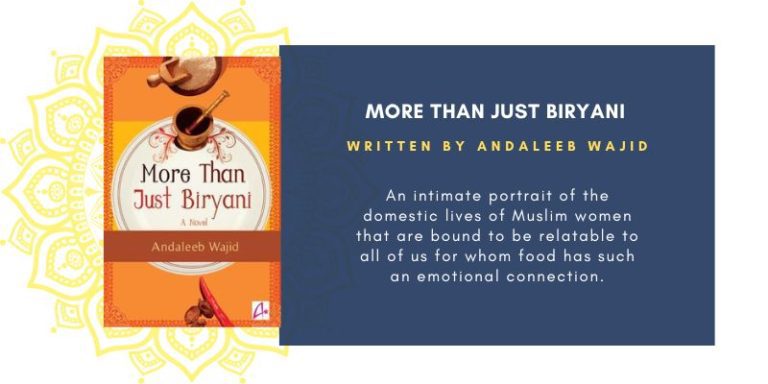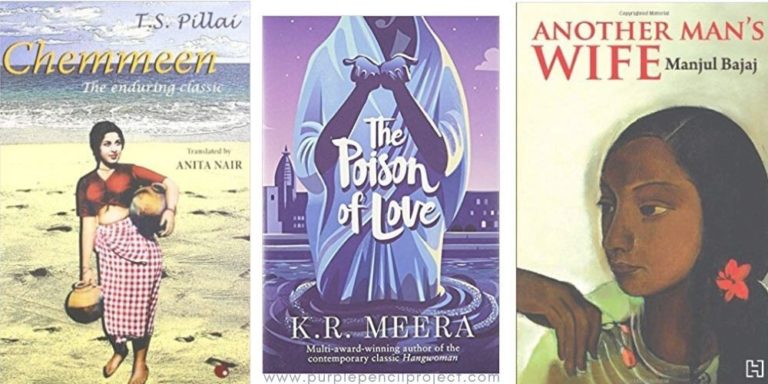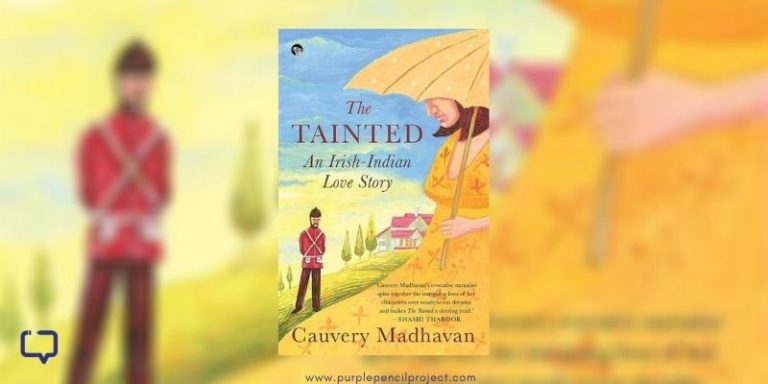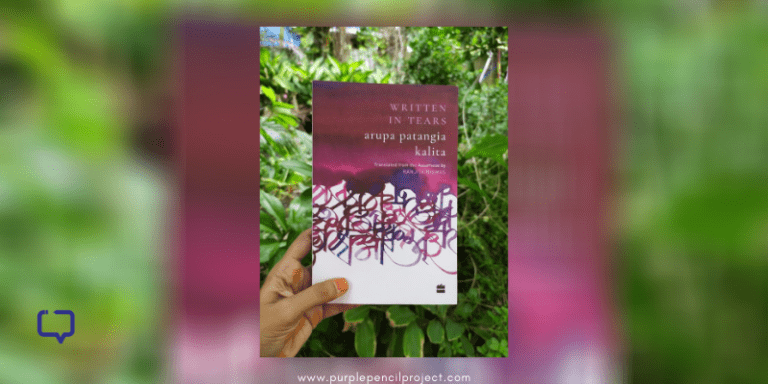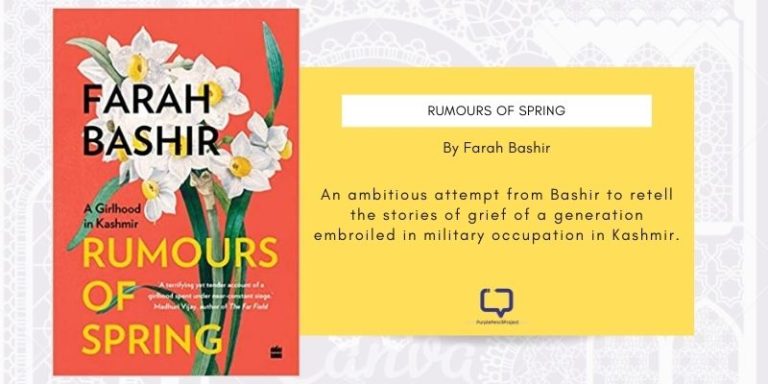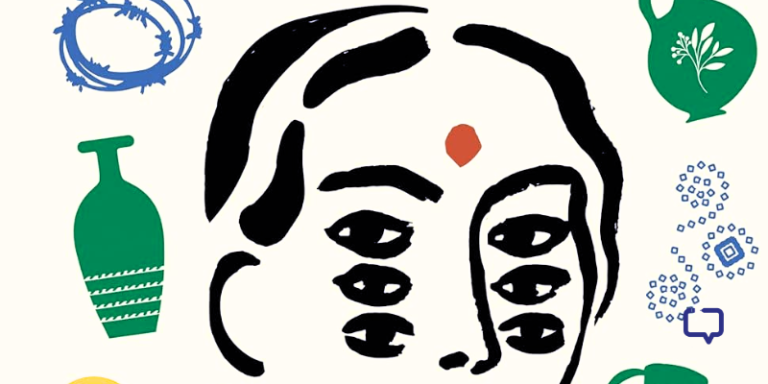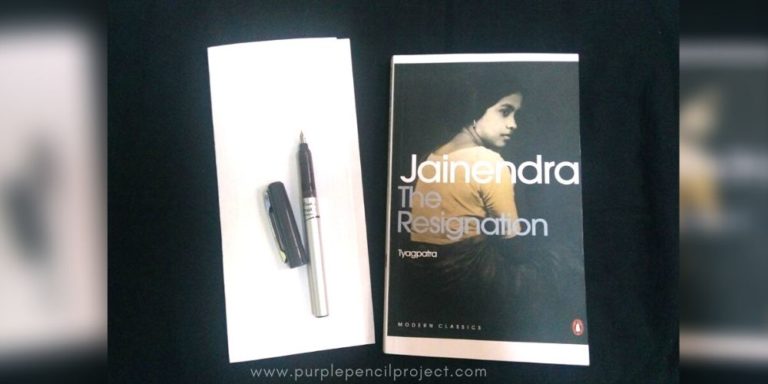H-Pop by Kunal Purohit is a timely, well-researched account of hate music spreading through the hinterlands of Northern India, stoking communal hatred and underlining the otherness of Muslims.
We encourage you to buy books from a local bookstore. If that is not possible, please use the links on the page and support us. Thank you.
The Seeds of Hate Music
Tension has been simmering between the majority (Hindus) and the primary minority religious group (Muslims) of India since before independence. Various riots that have broken out at different periods are a testament to this simmering discontent. Both sides have suffered enormous losses of lives and means of earnings, with attacks on both homes and businesses. But what is more disturbing is the growing acceptance of such attacks and the normalising alienation of the primary minority of India. It is this normalizing that Kunal Purohit examined and dissected patiently over more than three years.
Can a song trigger a murder? Can a poem spark a riot? Can a book divide people? These are the questions Purohit asks and answers. The book begins with a horrendous lynching in Jharkhand where Kunal Purohit, an award-winning, independent journalist is covering a story.
A Hindu procession—as soon as it reaches a mosque where Muslim representatives in a traditional show of inter-religious bonhomie had been waiting to welcome it—turns violent with blaring of inflammatory anti-muslim music from the loudspeakers. It almost led to a riot which was averted with help from police. Later that day, some people from the procession lynched a Muslim man who was seen with a Hindu woman. When this lynching occurred, Purohit was in town. It affected him deeply, leading to the genesis of this book.
The Artistry of Hate
This lynching brought Kunal face to face with the kind of music that was inciting violence against Muslims: hate music. In the form of incendiary YouTube videos, poem-recitals and books, this hate art and music is not only popular but lucrative for their purveyors.
Sifting through all these songs, Kunal Purohit realized that any mention or documentation of such songs had been missing from the traditional press. Thus, he began his research of documenting hate. He spent over three years interacting with the principal characters of this book. They had full knowledge of the author’s identity as a journalist and the purpose of those interactions, i.e., to write this book.
Recommended Reads: To Fight Battles Not for Victory: The Free Voice by Ravish Kumar Review
The first H-Popstar Kunal Purohit spent time with was Kavi, the adopted daughter of Ramkesh who himself was a singer. The book’s strength lies in how closely the author has spent time with these characters. He has humanized these people whose only business is to spread hate and drive a wedge in society based on religion. This extensive research merits a pat on the back of the author.
Clearly of a different ideology, it must not have been easy to spend time with people who are not only of different ideologies but actively sowing the seeds of hate. Such interactions are curious and fascinating. During one such interaction when Purohit is accompanying Kavi and Ramkesh, he writes:
‘At the end of a long first evening in the temple town, while l probed them about their political affiliations and their backing for Modi and the BJP, Ramkesh suddenly turned to Kavi and, lovingly, told her that she reminded him of Modi. “The shakti, strength, the energy that Modiji has, you have it too,” he said, at which she smiled. Such assertions have ensured that Kavi takes herself seriously.’
Kunal Purohit, H-Pop: The Secretive World of Hindutva Pop Stars
Kavi’s styling is meant to ensure that it adds gravitas to her persona. Before Kavi was launched, her attire had been zeroed in by her father and her husband in great detail. The deliberate choice of making her wear what is slightly unusual clothing for a woman singer- the Nehru jacket and the turban to go with her kurta-pyjama is meant to instil a sense of respect in the audience.

In another such incident, Kunal Purohit writes that when Kavi and her father had been waiting on the banks of the Ganga River, an activist of the Sangh Parivar approached them. He praises Kavi’s work immensely and tells her that he wants to wash her feet with the water of the Ganga. Kavi is stumped but manages to get out of the sticky situation by saying that the right to wash her feet lies with her father only.
The Impact and Urgency of Kunal Purohit’s Work
At the beginning of the book, Purohit refers to other such incidents where hate music had incited people into full-scale violence and triggered genocides. In the 90s, in the genocide of a minority Tutsi tribe by the majority Hutu tribe members, which resulted in about 800,000 deaths, two radio stations controlled by the Hutus, Radio Rwanda and the Radio Télevision Libre des Mille Collines, played songs that were inflammatory, polarizing and demonized the Tutsis.
Also, in neighbouring Myanmar, for decades now, Rohingya Muslims have been violently targeted and forced to be displaced. There is evidence building up that shows that music has played a role in fomenting this hate against the dispossessed community.
Conclusion
Kunal Purohit has not just recorded the hate music, he has also drawn detailed character studies in his book. They are fascinating, even if terrible. In recording this document of hate, Purohit has rendered a service of kindness to society at large. It’s time to wake up and be kind.










